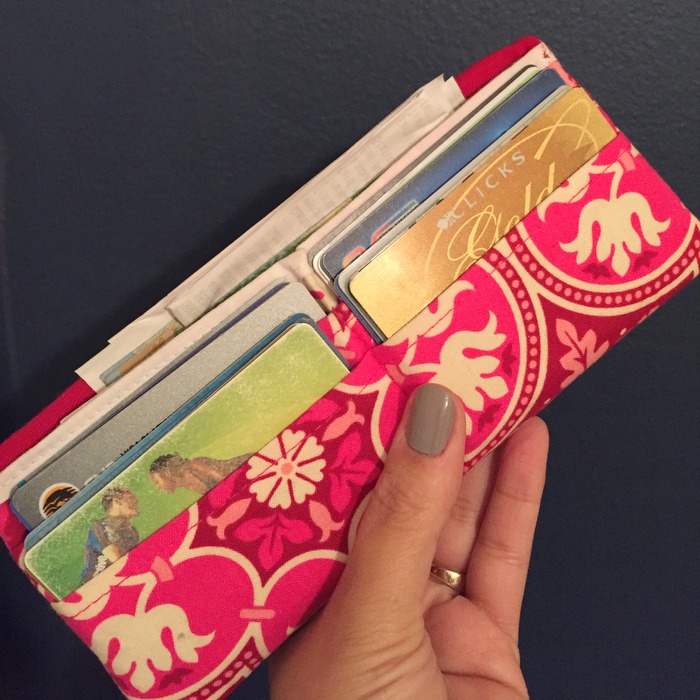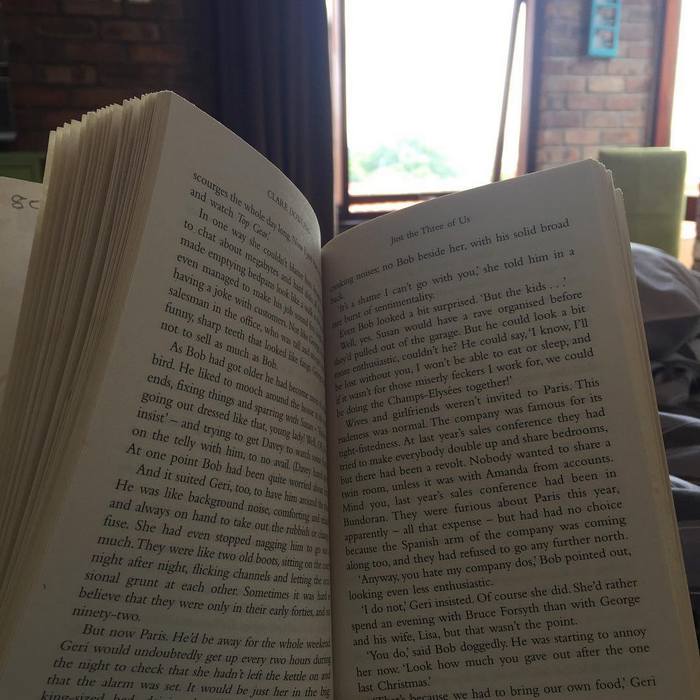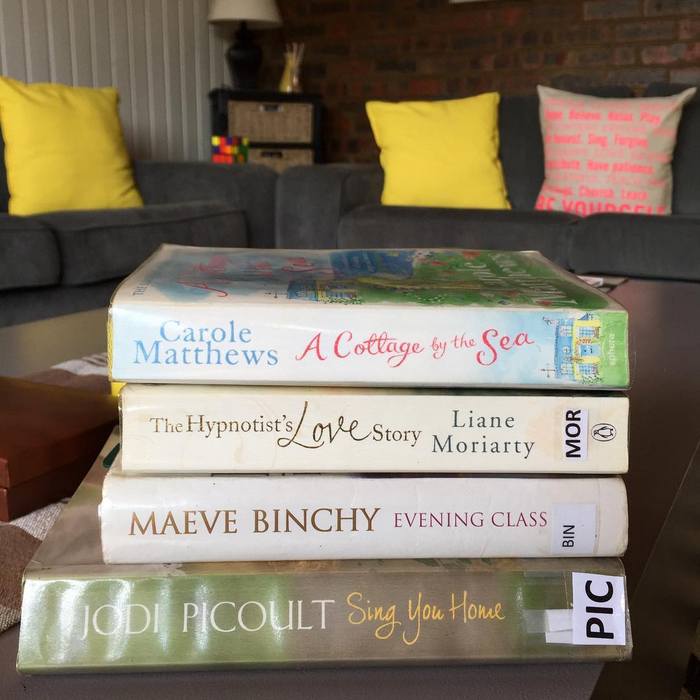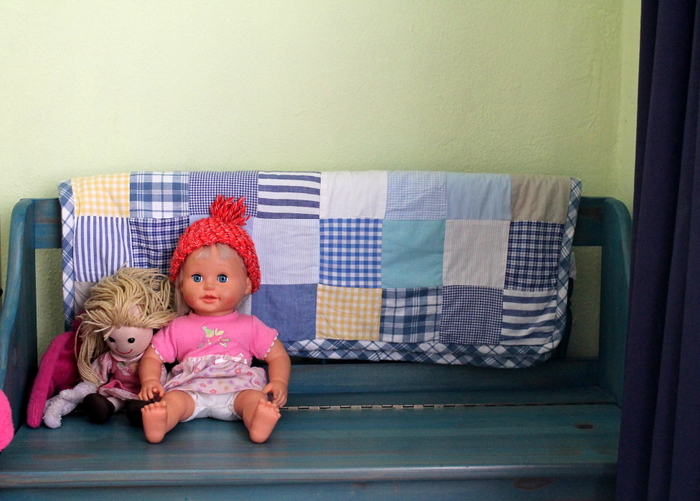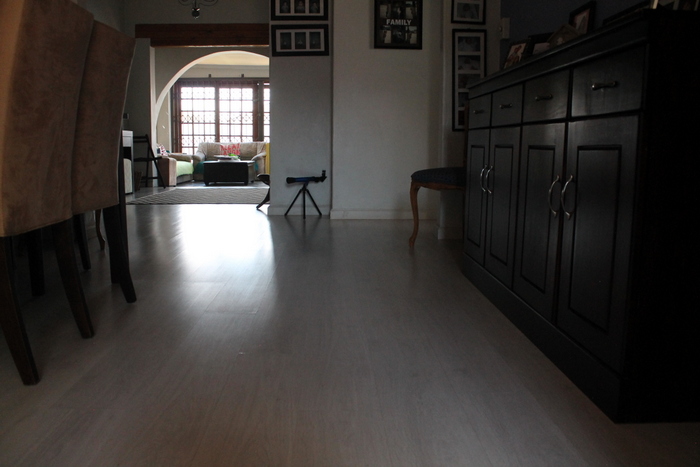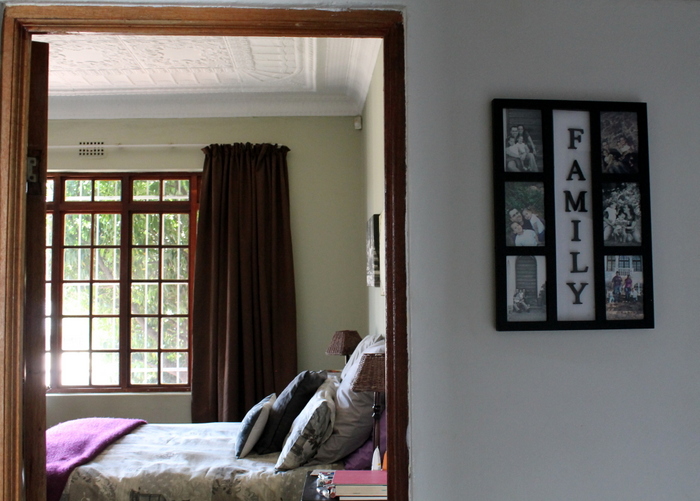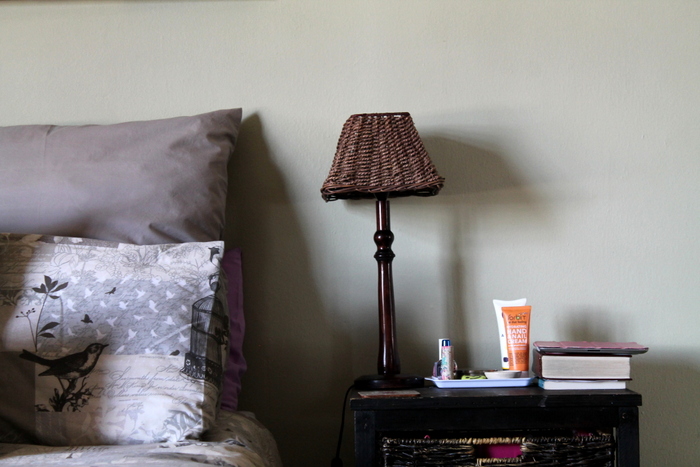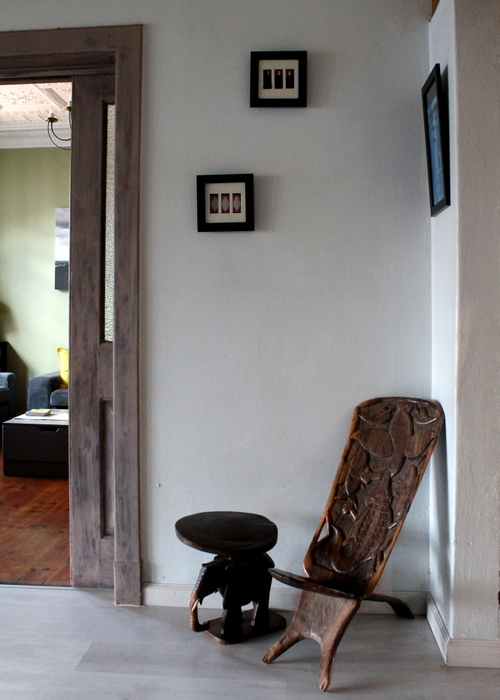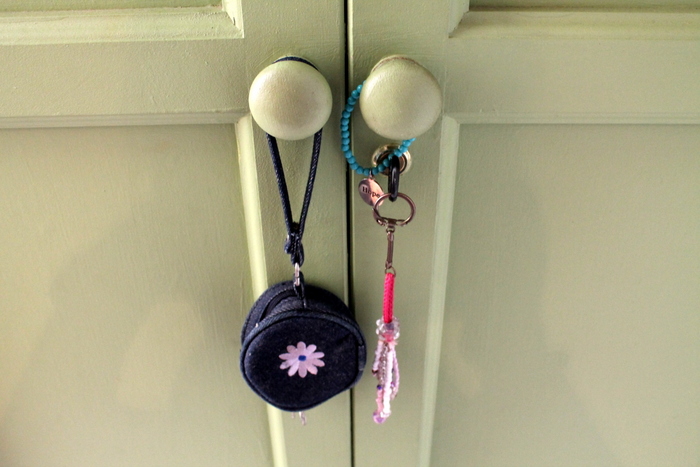Two weeks ago I had a meeting that really irritated me. I can’t even remember now what it was about so it couldn’t have been that significant. However, I wanted to do something nice for myself (treat myself, if you want) and went to my nail polish stash to find a fun colour to cheer me up.
There was “nothing” in the same way we have “nothing” to wear.
I then remembered a colour I love (Rimmel’s Velvet Rose) which is discontinued and decided there and then to go to the shops after work for 30 minutes to browse and buy something similar.
Long story short – there was nothing similar but I did find a colour I liked (Sorbet’s Macaroon).
I was home and the colour was on my nails when I realised that I’m supposed to be on a “use up first” mission.
There was another incident where I didn’t even think about it and bought three sets of (admittedly) very well-priced miniature toiletries when again, box 1 was opened and I was like “no, not allowed”. I took the other two sets back.
But now it’s finally sinking in – I am breaking loose from my challenges of using stuff up first. Why?
- Perhaps I’m placing too many restrictions on myself? This is possible as I’m definitely a moderator with money.
- Perhaps I need to allow myself a treat here and there? Possibly – this is week 16 and I have stuck to my no buying of body, bath and beauty products beautifully except for these two mishaps.
- Perhaps I need to remind myself why I’m doing this again? Highly possible – I want to get back to my pre-pandemic self where I used to buy what I needed and not treat myself daily due to the “hardship” of being locked down. To be fair, it really was a hardship for me.
Where is this going then?
- I reminded myself this week while listening to The Broke Generation podcast (search your podcast app – British girl in Australia) that I need to have something to work towards ALL THE TIME. Maybe I should book an overseas trip because the thought of the very weak Rand will focus my spending super quick!
- I wrote my goal on a post-it note and am wrapping it around my credit card in my wallet (this has been very successful for me in the past).
- But also, R39 on a nail polish is absolutely fine after 14 weeks when I’ve been good with my Clicks/ Dischem spending (I have only spent on boring meds and supplements).
- I also set myself a budget for Clicks spending based on actual averages.
Thought for the week:
Where might you be breaking loose from your goals? Why?
Did you enjoy this money post? I’m on a money kick so I’m going to be writing more about this as long as my obsession continues.











